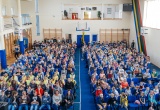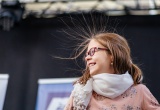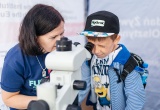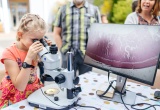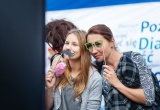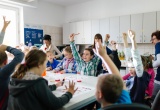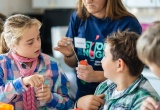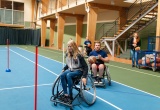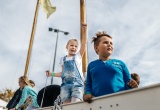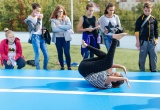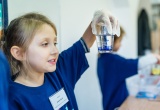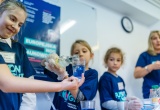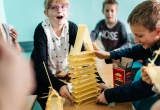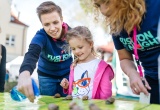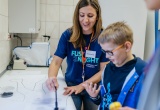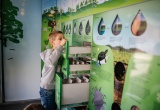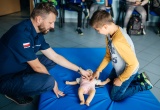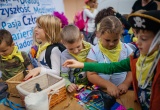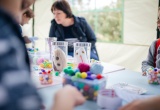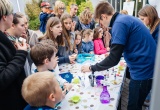EN
International success of the Institute in the KIC EIT Food call
A pan-European FoodConnects partnership, including the Institute of Animal Reproduction and Food Research PAS in Olsztyn, won in the competition of the European Institute of Innovation Technology on the Food4Future call: EIT Food. This is a spectacular success both when it comes to the prestige and financial matters, as the planned support of the EU for the entire consortium will reach 400 million euros within seven years. (więcej…)
Institute wins grants of National Centre for Science
![]()
Scientists from our Institute received funding for implementation of research projects submitted in the National Center for Science contests: PRELUDIUM 11 and OPUS 11.
OPUS is a funding opportunity intended for a wide range of applicants. The research proposal submitted under this scheme may include the purchase or construction of research equipment:
- prof. Jerzy Radecki – Redox active monolayers for exploring of anion recogntions processes in aqueous phase.
- dr. Mariola Słowińska – Characterization and biological role of cysteine rich secretory protein (CRISP) in the male reproductive system of turkey (Meleagris gallopavo).
- prof. Mariola Aleksandra Dietrich – Dynamic changes of carp seminal proteins and their modifications upon sperm maturation, hormonal stimulation and storage of semen.
- dr. Beenu Moza Jalali – Role of STAT signaling in porcine endometrial remodeling and embryo attachment.
PRELUDIUM is a funding opportunity intended for pre-doctoral researchers about to embark on their scientific career:
- Joanna Najmuła – Extracellular vesicles as an element of maternal-embryo communication during early pregnancy in pig- impact of carried miRNA on recipient cells.
- Natalia Drabińska – Influence of supplementation of gluten-free diet with the mixture of short and long chain inulin-type fructans on the profile of volatile organic compounds in urine of coeliac disease children.
Scientific symposium – perspectives in biodiversity protection
  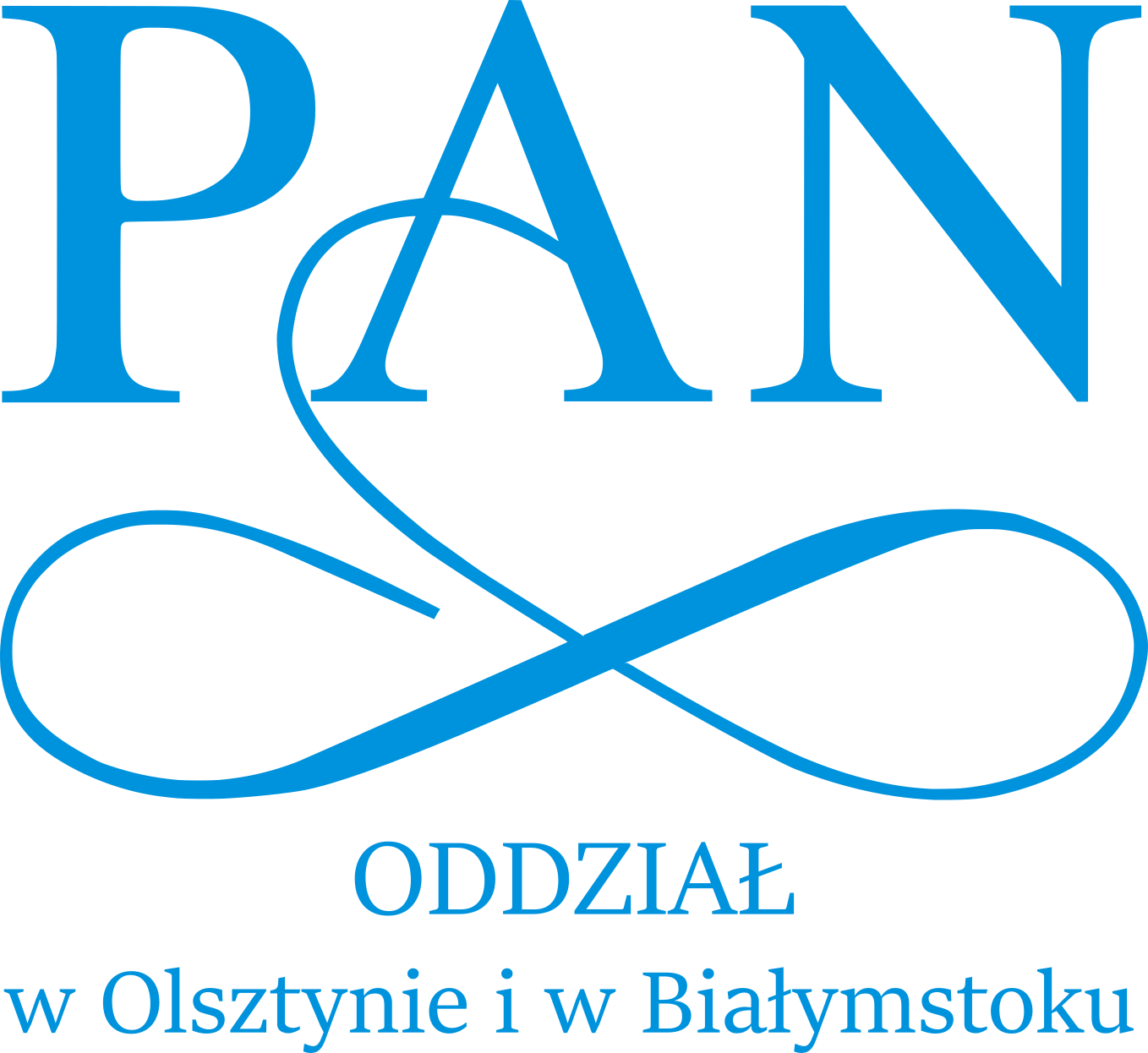 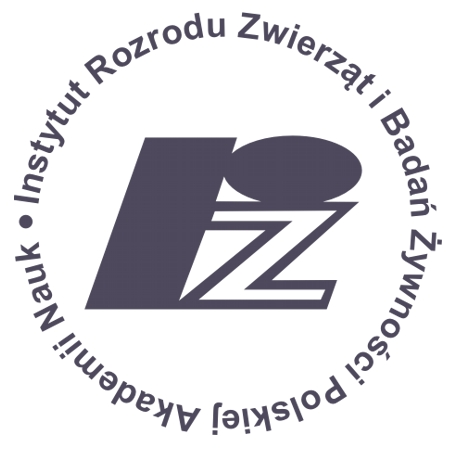 |
We cordially invite you to a scientific symposium:
”PERSPECTIVES ON BIODIVERSITY CONSERVATION”,
to be held on November 28-29, 2016 in the PAS Research Station in Popielno.
Research Station for Ecological Agriculture and Preservation of Native Breeds PAS in Popielno has officially become a part of the Institute of Animal Reproduction and Food Research PAS in Olsztyn on January 1, 2016.
The symposium in focus will allow to present research plans and activities of the Institute and the Station, and facilitate integration of scientists and representatives of local authorities and organizations involved in biodiversity conservation.
Date:
November 28-29, 2016
Place
Research Station of IAR&FR PAS in Popielno
Hotel and conference venue:
PAN Creative Work Centre in Wierzba
Objectives:
- introducing the issue of a balance between agricultural and forestry activities in the light of biodiversity;
- launching interindividual cooperation and taking joint actions crucial for biodiversity conservation;
- showing population and genetic variability of wild animals;
- overview of research results concerning:
- reproductive biology and development of wild animals;
- elaboration and development of reproduction biotechnics, biotechnology and molecular biology as tools necessary to diagnose, control and preserve biodiversity of wild animals;
- biological diversity as an indicator of environmental pollution and degradation;
- influence of disturbed animal biodiversity on the natural ecosystems.
Confirmation of participation in the symposium shall be sent via e-mail: bioroznorodnosc@pan.olsztyn.pl or via phone: + 48 89 539 31 38 by October 31, 2016.
Participation in the conference is free of charge. Organizers cover the costs of boarding. The cost of accommodation with breakfast in the PAN Creative Work Centre in Wierzba for participants is 90 PLN.
Information concerning the symposium will be updated.
Award for presentation on international conference
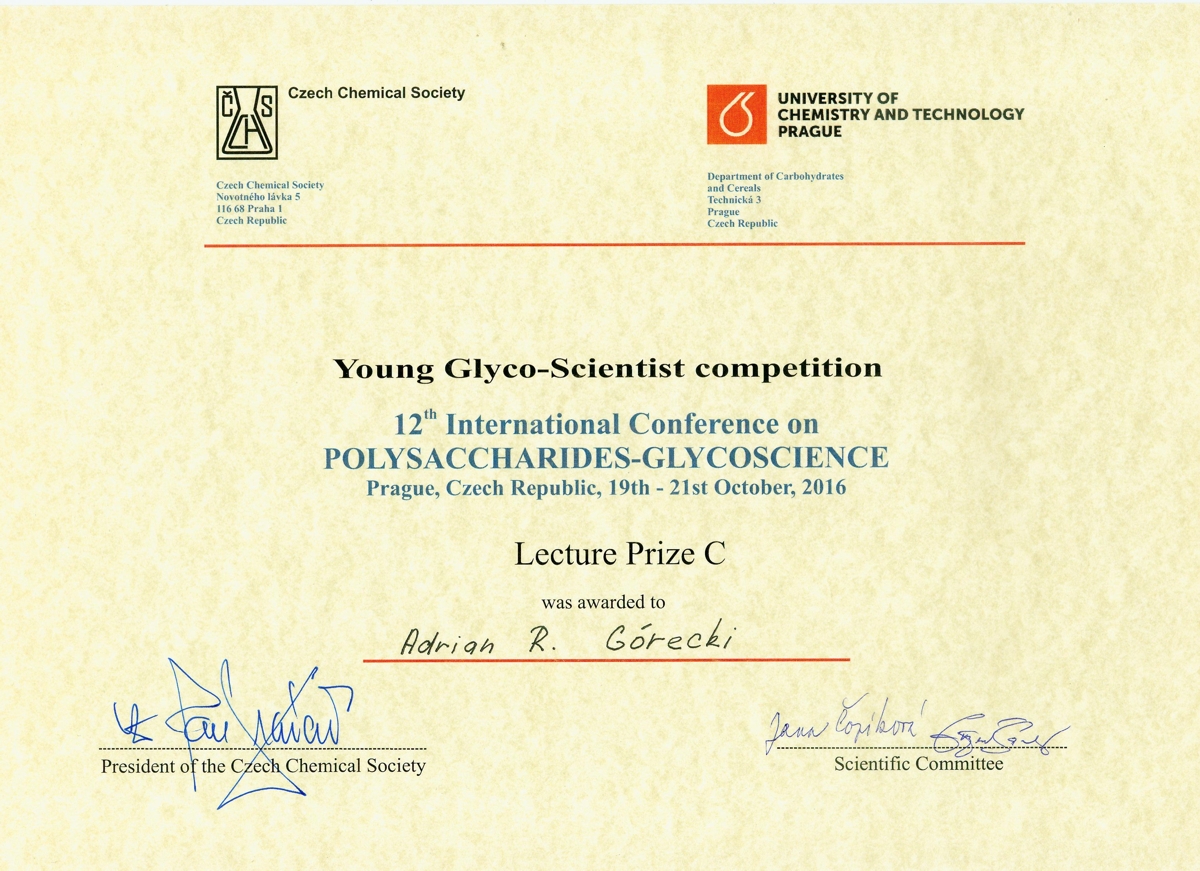
We are pleased to inform that dr. Adrian Górecki from the Department of Chemcal and Physical Properties of Food, was awarded 3rd place in the category of young scientists for the presentation titled „Effect of high hydrostatic pressure treatment and pullulanase debranching of buckwheat starch on resistant starch formation, rheological properties and microstructural changes”. The presentation was delivered during „12th International Conference on Polysachcarides – Glycoscience”, which took place on 19-21 October 2016 in Prague, Czech Republic.
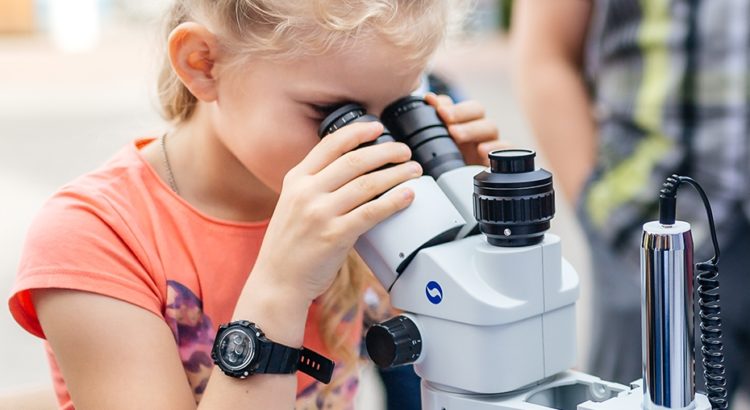
What a night!
1 night, over 10 000 guests, 130 science celebration events, 12 hours of experiments, hundreds of laboratory reagents and countless curious questions.
We have just finished celebrating this year’s edition of the European Researchers’ Night in Olsztyn.
There is a reason why the European Researchers’ Night is called the longest night in the year – first guests started their scientific adventure as early as 10 AM. Within the first couple of hours the main venue, located at the premises of the Institute of Animal Reproduction and Food Research PAS and Olsztyn School of Higher Education, was visited by over 4 000 pupils and students from local and regional schools.
This year’s edutaining events of ERN have been marked by a significant interactivity, following the rule of Confucius: Tell me and I’ll forget. Show me and I’ll remember. Let me do it and I’ll understand. Hence, both young and older participants of the Night, no matter if being science-addicts or science-reluctants, could explore the edutaining nature of research with their own hands by e.g. taking a test on celiac disease, building bacteria living in our digestive tract, designing a natural cream with freeze-dried fruit, checking the content of antioxidants in their favourite juice, and verifying the power of their hearing in a mobile center of hearing pathology. In addition, the attendees could enjoy meetings with interesting and inspiring nationally-recognized guests, e.g. journalist Łukasz Jakóbiak, dietitian Konrad Gaca and writer Tomasz Jastrun. One of the most mind-exciting events was the Science Roast – science stand-up comedy night – where researchers of different specialties presented their studies with a slight pinch of salt.
Plenty of attractions awaited the guests also in the University of Warmia Mazury, which invited everyone to the Kortowo campus. People regardless of age, social or educational background could take advantage of a number of science celebration events such as bioexperiments, workshops in a mobile planetarium, interactive exhibits of Copernicus Science Centre, theatre play, as well as meetings with popular Polish actors.
In the City Centre we could get an insight into the backstage of researchers’ work, admiring tissues ”locked” in stained glass prepared by one of Institute’s scientists engaged in the research on scarless skin wounding.
Last guests of the Night headed home after 1 AM.
The next European Researchers’ Night is coming soon! Don’t miss it on September 29th, 2017!
Oral communication awarded
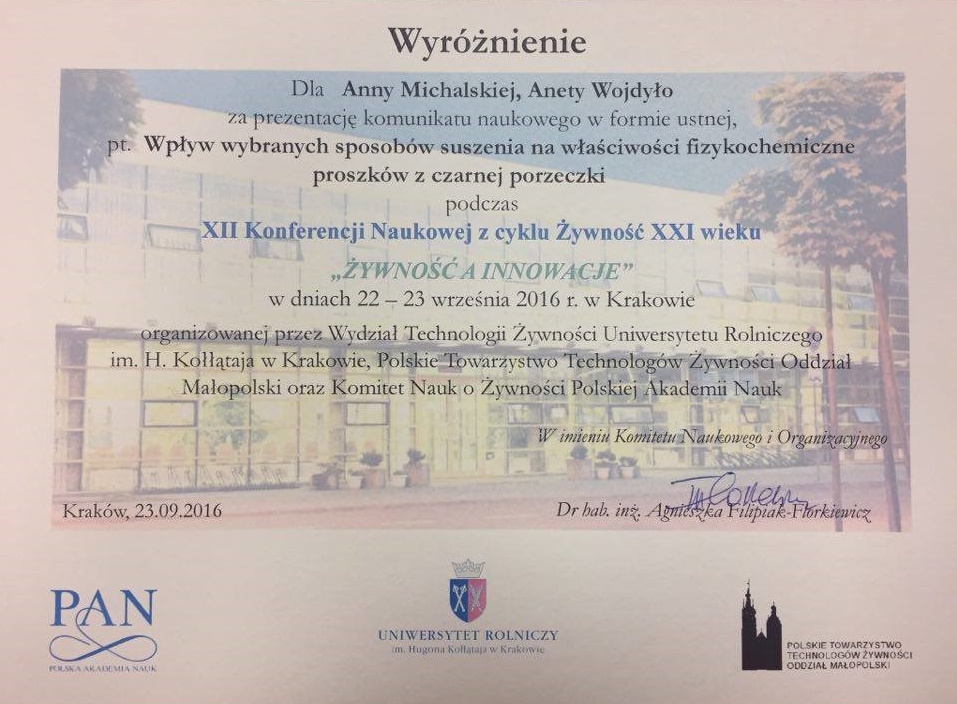
We are pleased to inform that oral communication by dr. Anna Michalska from the Department of Chemistry and Biodynamics of Food entitled: „Influence of different drying techniques on the physicochemical properties of black current powders” received an award at the XII Scientific Conference in the cycle of XXI century Food titled „Food & Innovation” (September 21-22, 2016, Krakow).
The Conference was organized by the Department of Food Technology of the H.Kołłątaj University of Agriculture in Krakow, Polish Society of Food Technologists – Malopolska Branch and The Committee of Food Science of the Polish Academy of Sciences.
Congratulations!
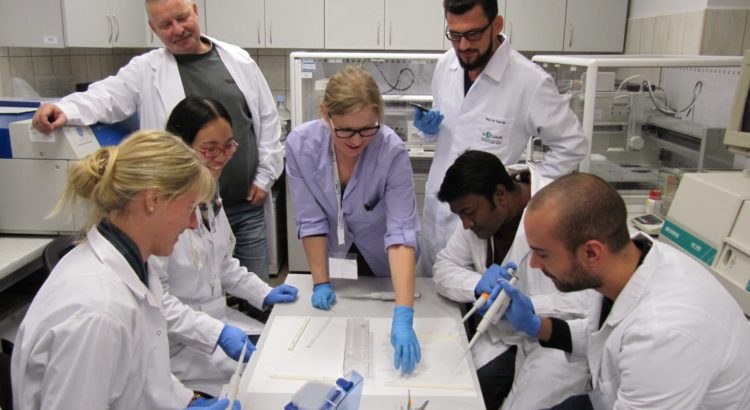
Fish Proteomics Cost Action course
Fish Proteomics course was held in the Institute’s Division of Reproductive Biology on 26-30 September 2016 within the framework of AQUAGAMETE Cost Action.
The Organizing Committee was comprised by the Staff of the Department of Gamete and Embryo Biology: Prof. Andrzej Ciereszko, Dr. Mariola Dietrich, Dr. Joanna Nynca, Dr. Mariola Słowińska, Agnieszka Mostek, MSc and Błażej Westfalewicz, MSc. In addition, the lectures were delivered by Prof. Serhiy Souchelnytskyi (College of Medicine, Qatar University) and Dr. Thomas Fröhlich (Laboratory for Functional Genome Analysis, Gene Center of the University of Munich).
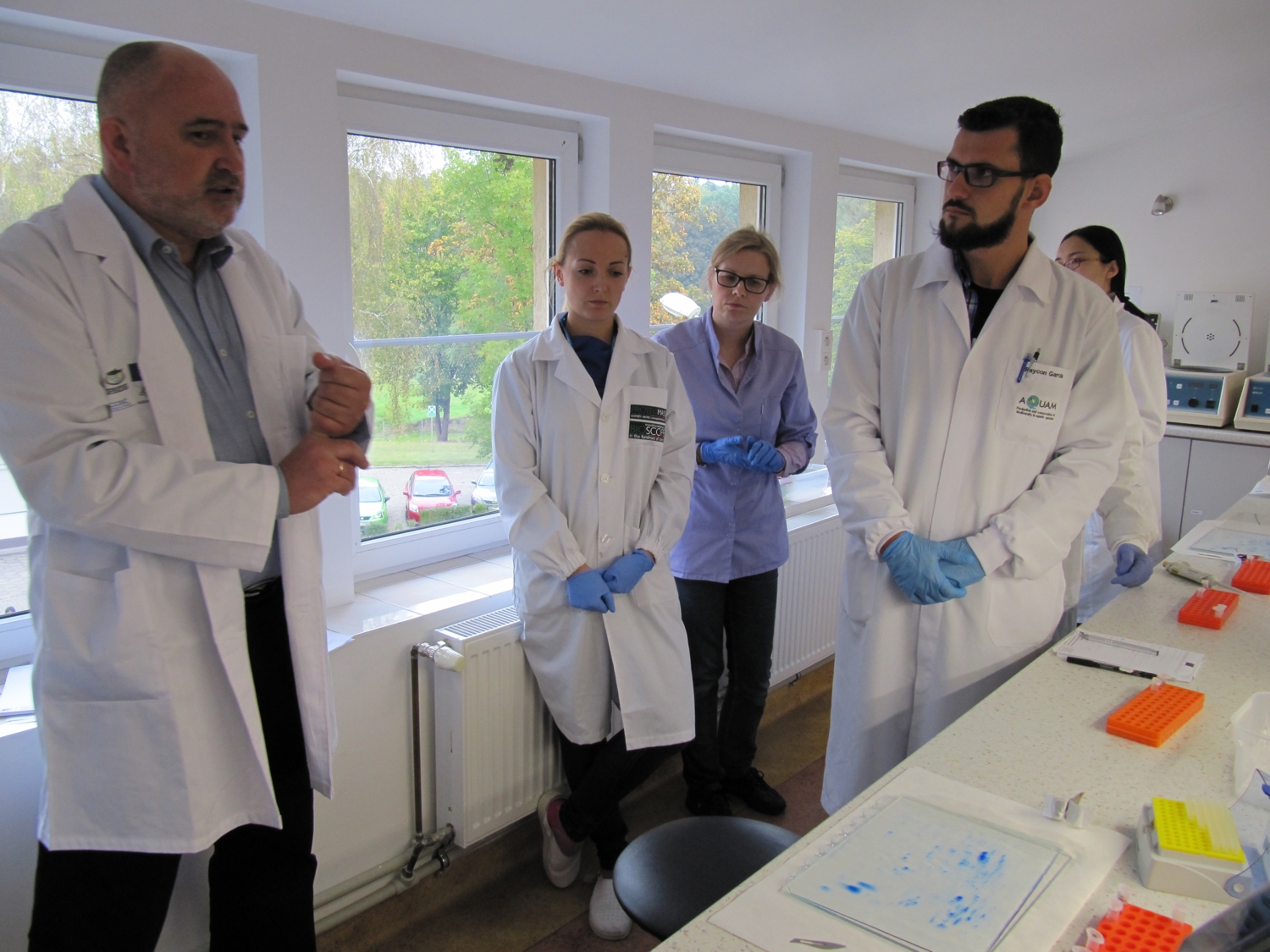
The 7th Training School of the AQUAGAMETE COST Action, entitled “Fish proteomics” started on Monday September 26th. Organized by Professor Andrzej Ciereszko (Institute of Animal Reproduction and Food Research of Polish Academy of Sciences) it was run by the Training Team (Dr. Mariola Dietrich, Dr. Joanna Nynca, Dr. Mariola Słowińska, M.Sc. Agnieszka Mostek and M.Sc. Błażej Westfalewicz) and trainers: Professor Serhiy Souchelnytskyi from College of Medicine, Qatar University and Dr. Thomas Fröhlich from Laboratory for Functional Genome Analysis, Gene Center of the University of Munich. The training school was attended by 9 students from Brazil, China, Czech Republic, Hungary, Iran, Italy and Poland.
The Training School was organized in 9 lectures, covering important topics related to proteomics, including: Introduction to proteomics, Intact-protein proteomics by 2DE and MALDI mass spectrometry, Techniques of sample preparation for proteomic analysis, Linking genomics and proteomics, bioinformatics (Professor Serhiy Souchelnytskyi); 2D Difference gel electrophoresis (Błażej Westfalewicz); Proteomics in fish reproductive research (Professor Andrzej Ciereszko); Proteomic in Reproductive Science, Protein databases, and Quantitative proteomics (Dr. Thomas Fröhlich).
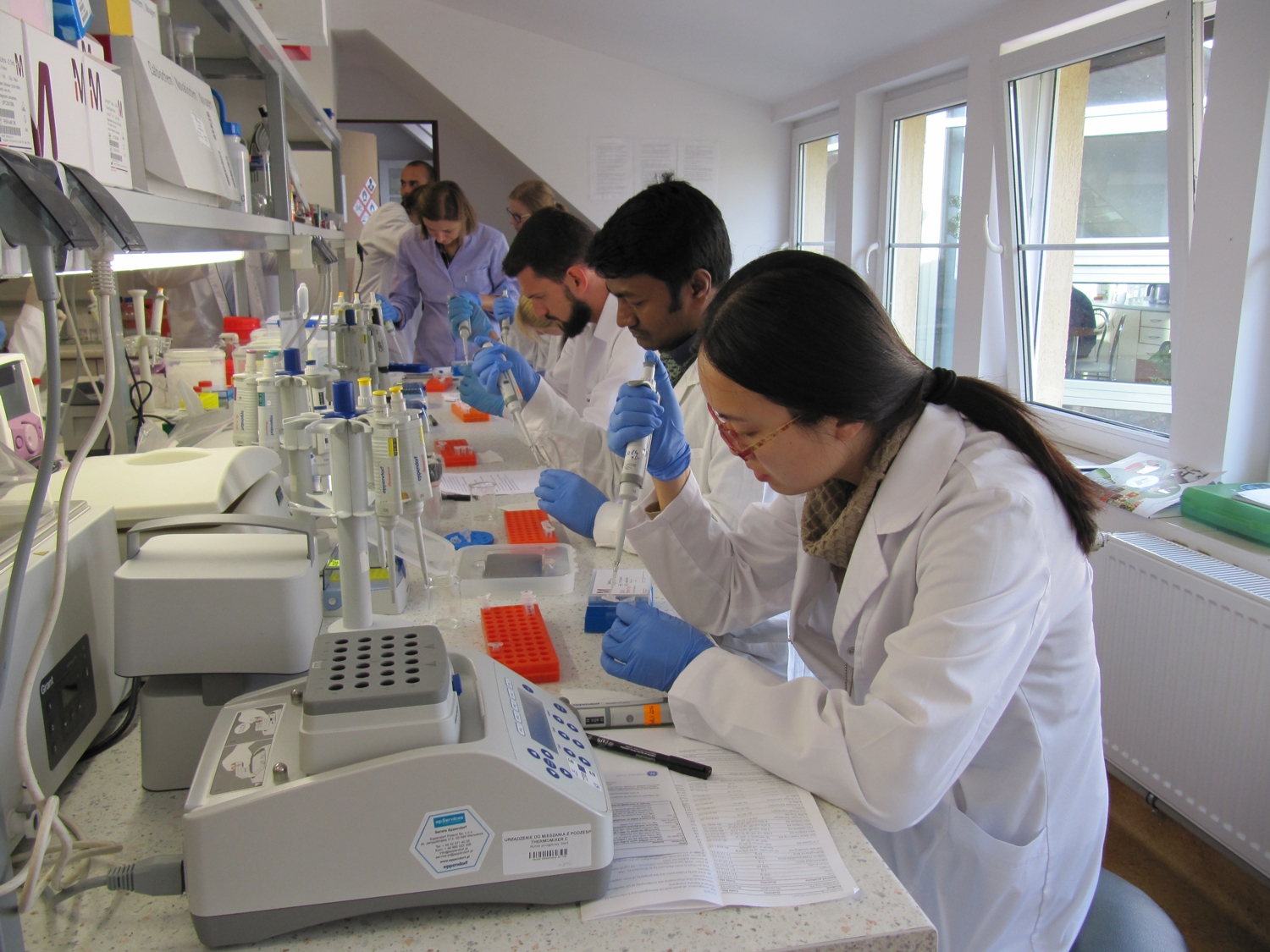
The core of the training school was extensive hands-on practical training supervised by the Training Team and Professor Serhiy Souchelnytskyi. On Monday 26th each student performed protein sample preparations from different fish tissues then started electrophoresis in the first dimension (isoelectrofocusing) which was run overnight. On Tuesday morning the isoelectrofocusing was finished and preparation SDS-gels for the second dimension was commenced. Electrophoresis in second dimension started in the evening and was run overnight. On Wednesday SDS-electrophoresis was finished, followed by fixation of gels and staining. Then samples for mass spectrometry analysis were prepared, including digestion of selected spots with trypsin. Next day tryptic digests were prepared and loaded on MALDI target plates. Next analytical trainings were performed in i) computer analysis of gels and ii) mass spectrometry identification of proteins. On the last day of the training school all activities were focused on reporting results, presentations of individual achievements by the participants and concluding seminar.
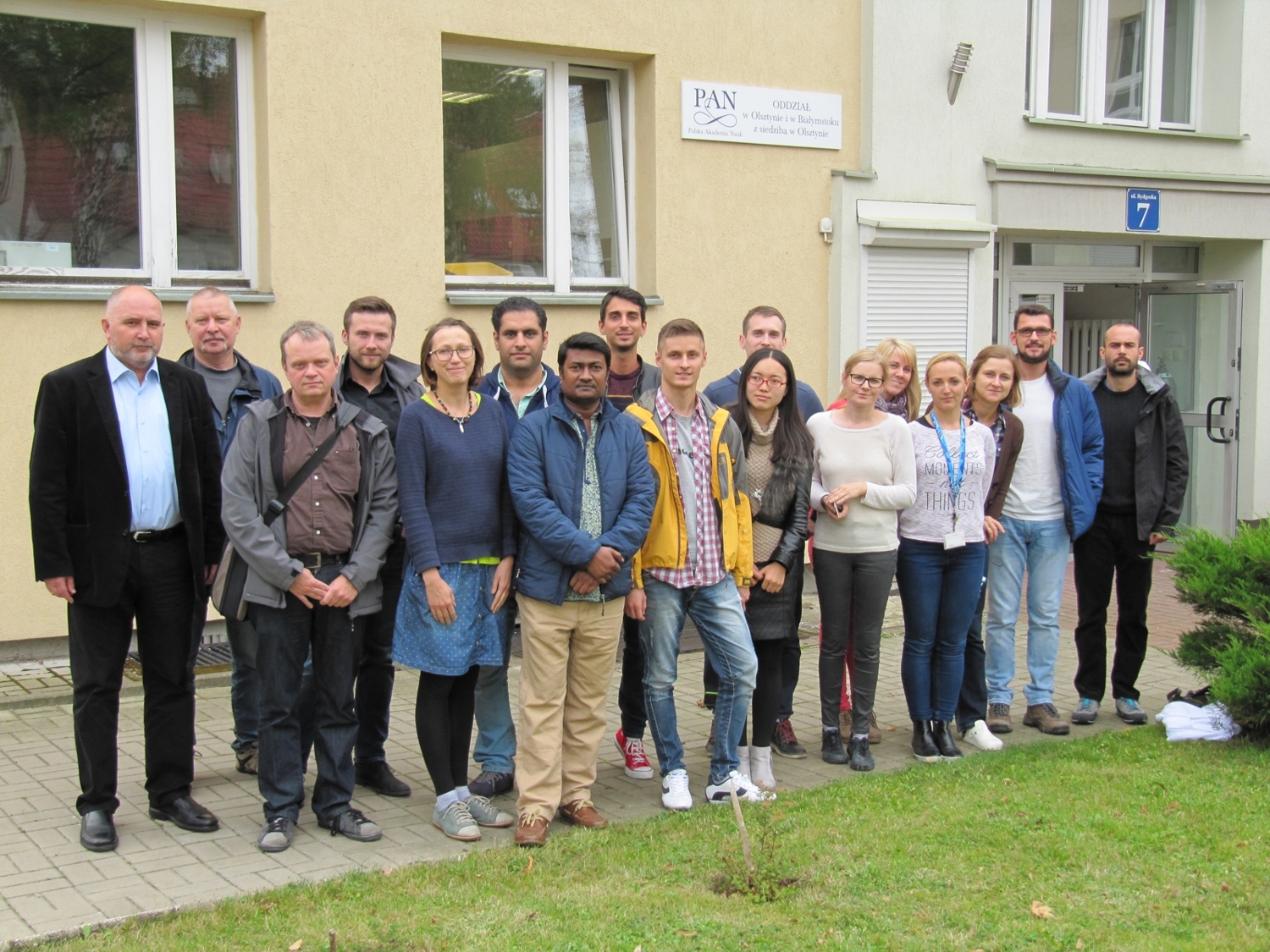
In summary, the students were exposed to new area of research in fish reproduction and successfully accomplished all planned objectives. Their active participation was also inspiration for Training Team and lecturers.
